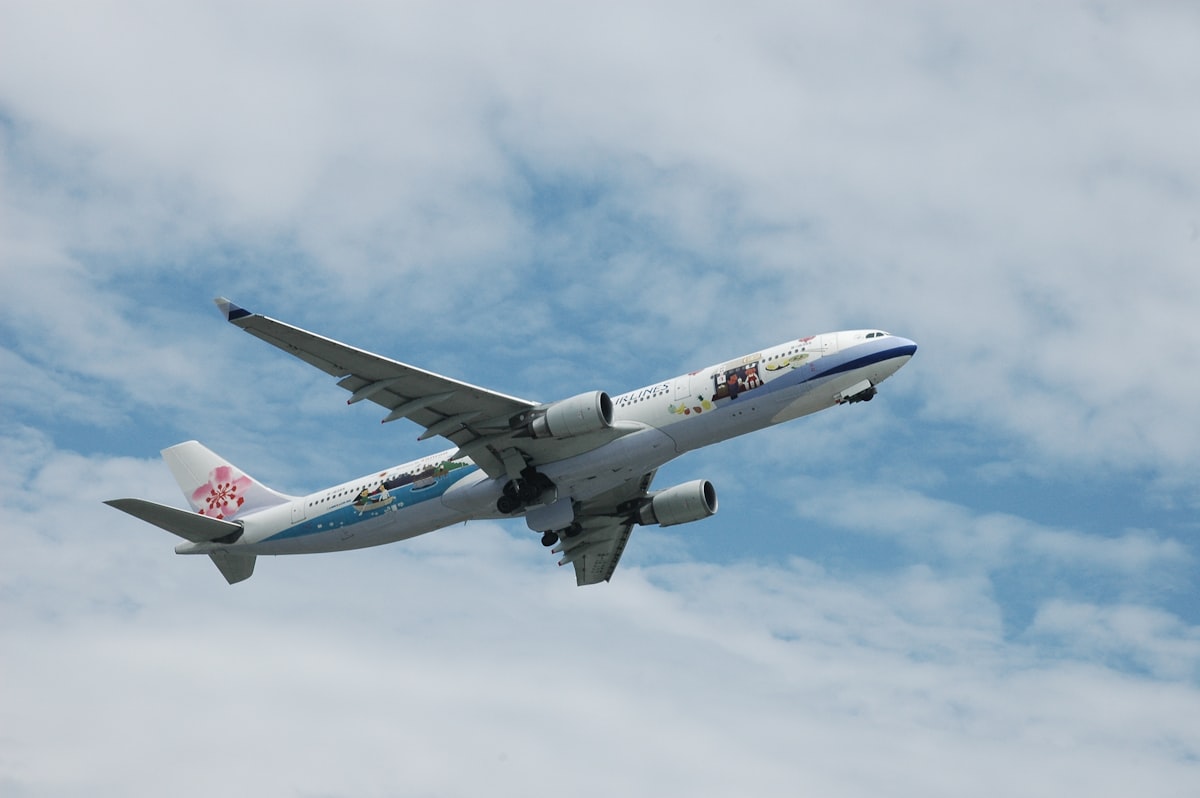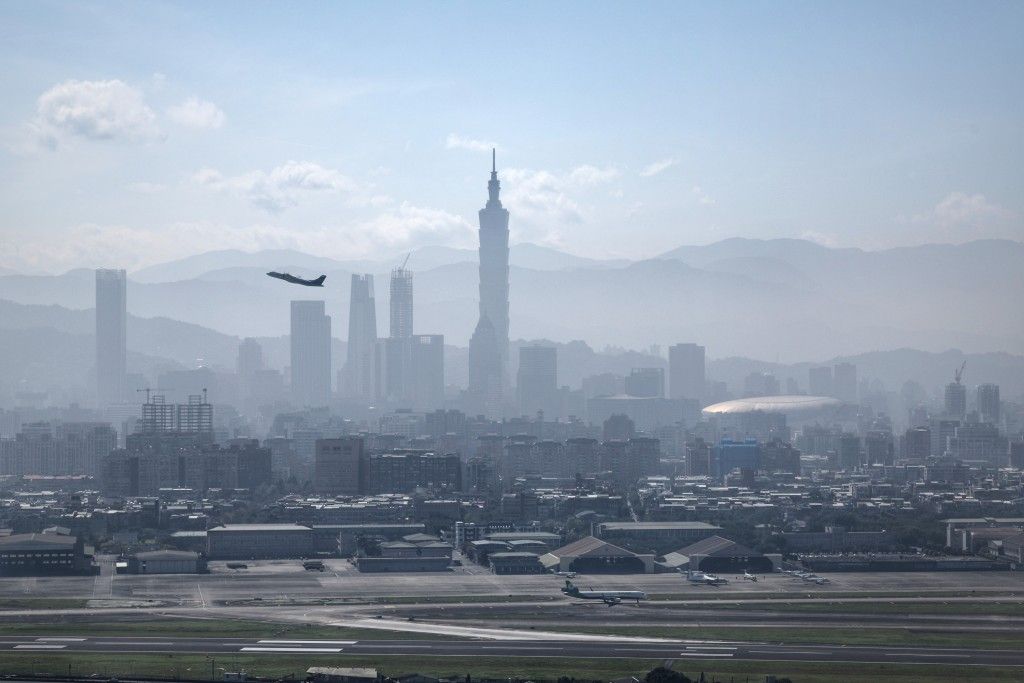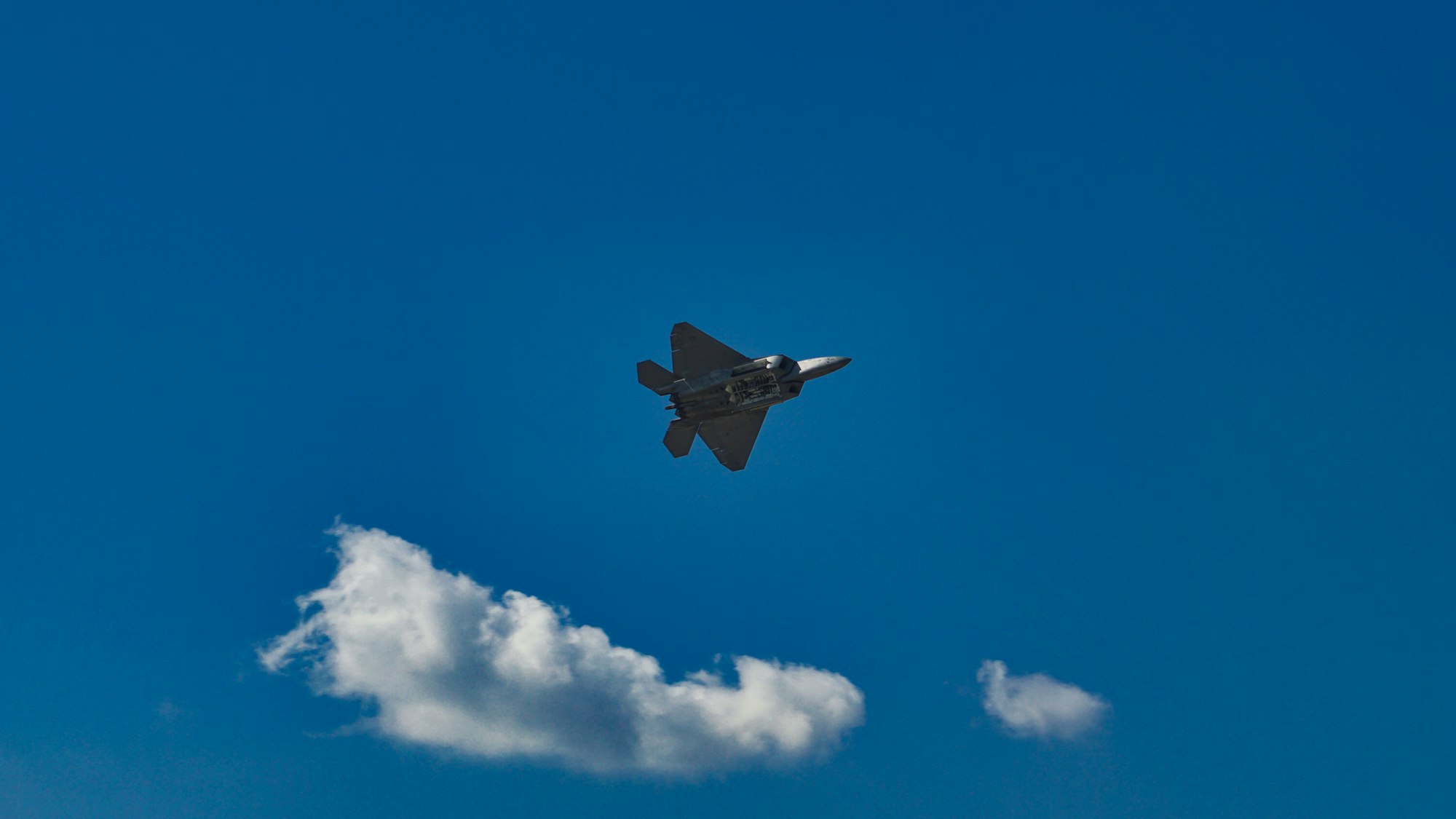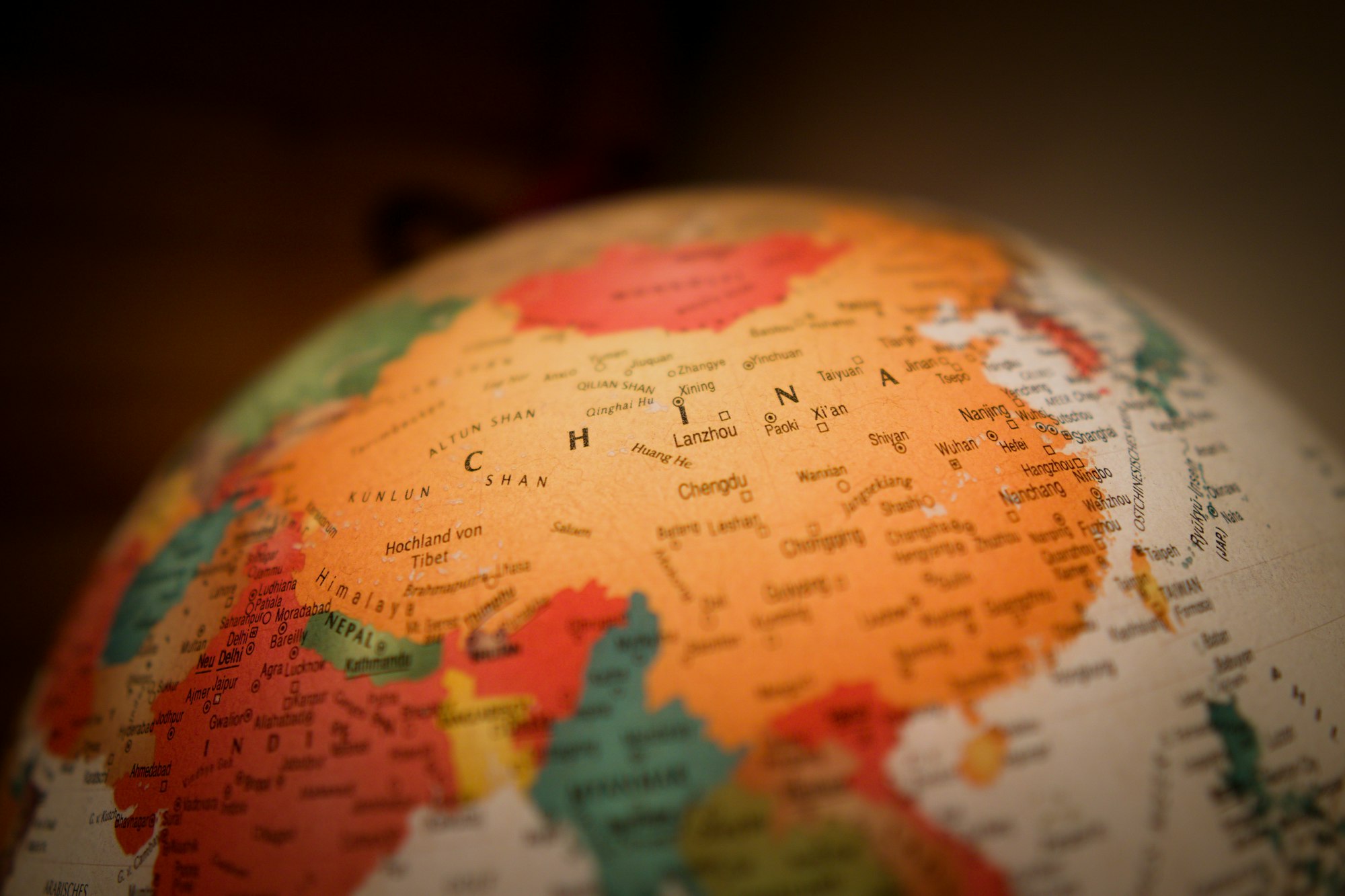China is planning to close the airspace north of Taiwan from April 16 to 18
Discover the implications of China's plan to close airspace north of Taiwan from April 16-18, its possible impact on regional flights, and potential reasons behind this decision in our latest blog post.

We bring you the latest updates on global events and their potential impact. In this post, we'll be discussing China's recent announcement to close the airspace north of Taiwan from April 16th to 18th. This decision has raised questions and concerns among aviation industry professionals and international observers alike. We'll delve into the possible reasons behind the closure, examine its implications for regional air travel, and explore how it may influence geopolitical dynamics in the area. Stay tuned as we unravel the complexities of this intriguing development in the Asia-Pacific region.
Warren Buffett recently sold most of Berkshire Hathaway's shares in global chip giant TSMC, which is based in Taiwan, citing geopolitical tensions as a consideration in the decision. TSMC is a well-managed company, but Berkshire had "better places" to deploy its capital, according to Buffett. TSMC is perceived as being valuable to the global economy and to China, which claims Taiwan as its own territory despite never having controlled it. TSMC is sometimes referred to as forming part of a "silicon shield" against a potential military invasion by Beijing.
China originally announced that it would be closing airspace north of Taiwan for three days, from April 16 to 18, 2023. However, after protests from Taiwan, China shortened the closure to just 27 minutes on Sunday, April 16. The closure is reportedly due to a falling object from a satellite launch vehicle.

Leaked documents show that Taiwan is highly susceptible to an aerial strike by China. The existence of troubling details raises issues about the ability of United States intelligence agencies to identify an impending invasion as well as the capacity of the island to defend itself. - Washington Post
Taiwan airspace flight ban
China has reportedly devised plans to impose an airspace closure to the north of Taiwan between April 16th and 18th, as per the information divulged by four well-informed sources. This potential flight embargo stands to disrupt a considerable portion of air traffic in the region, impacting 60-70% of flights between Northeast Asia and Southeast Asia, in addition to flights between Taiwan, South Korea, Japan, and North America. Taiwan's northern flight information region (FIR) would also face substantial disruptions due to this ban. The rationale behind the proposed restrictions remains elusive, with the foreign ministries of both China and Taiwan abstaining from commenting on the matter.
Photo by Tom Ritson / Unsplash
However, in a recent development reported by The Guardian, China seems to have revised its initial intention of implementing a three-day no-fly zone in the airspace north of Taiwan, shortening the duration to a mere 27 minutes. A spokesperson from Taiwan's defense ministry indicated that the no-fly zone is situated approximately 85 nautical miles north of Taiwan and may pertain to aerospace activities, potentially involving satellite launches.
This is not the first instance of China imposing a no-fly zone in the region. In 2022, following the visit of former U.S. House Speaker Nancy Pelosi to Taiwan, China instituted no-fly and no-navigation zones around Taiwan from August 4th to 7th. This decision parallels similar bans enforced by other governments worldwide, driven by national security apprehensions concerning the Chinese-owned platform.

No information is available on whether Taiwan has made official statements regarding the flight ban in the airspace north of Taiwan from April 16 to 18. China and Taiwan's foreign ministries have not yet commented on the matter. However, Taiwan's Civil Aeronautics Administration (CAA) has notified airlines operating in the region to avoid the affected airspace during the designated period. Taiwan's government may be taking measures to minimize the impact of the flight ban on its aviation industry, but there is no information on this.
Reason behind the ban
The rationale behind the prohibition of flights in the airspace to the north of Taiwan from April 16th to 18th remains somewhat ambiguous. Four officials who are external to China, communicating with Reuters under the cloak of anonymity due to the delicate nature of the subject, indicated their lack of knowledge regarding the justification for the imposed limitations.
Nonetheless, China has offered an explanation, asserting that the temporary no-fly zone is established for safety purposes in light of a satellite launch. Contrary to the initial three-day period, the zone's duration has been reduced to a mere 30 minutes.
Photo by Christian Lue / Unsplash
The prolonged ban on air travel within the region could have potentially impacted 60-70% of flights traversing between Northeast Asia and Southeast Asia. Additionally, flights connecting Taiwan with South Korea, Japan, and North America might have been affected.
It is essential to consider that previous constraints enacted during Chinese military exercises in August of last year led to considerable disturbances for flights operating within the area.
The flying prohibition might also be connected to China's recent military exercises in the vicinity of independent Taiwan, which were a reaction to Taiwan President Tsai Ing-wen's recent meeting with U.S. House Speaker Kevin McCarthy in California. Due to the sensitivity of the situation, four officials outside of China who spoke to Reuters on the condition of anonymity said they were unaware of the cause of the limitations.

What is the impact of the flight ban on the aviation industry?
The flight ban in the airspace north of Taiwan from April 16 to 18 is expected to affect 60%-70% of flights going between Northeast Asia and Southeast Asia, as well as flights between Taiwan and South Korea, Japan, and North America. According to OPSGROUP, an aviation industry cooperative which advises on flight risks, previous restrictions imposed during Chinese military drills last August resulted in significant disruptions to flights in the region. The extent of the impact of the flight ban on the aviation industry is not yet clear, but it could cause significant disruptions to flights around the region. However, there are reports that the no-fly zone is related to a satellite launch and will only last for 30 minutes, which would minimize the impact on the aviation industry.
Warren Buffet Comments
The majority of Berkshire Hathaway's holdings in Taiwan-based chipmaker TSMC were recently sold by Warren Buffett, who cited geopolitical tensions as a factor in his decision. Although TSMC is well-run, Buffett claimed Berkshire has "better places" to invest its capital. The world economy and China, which claims Taiwan as its territory despite never having had control of it, both view TSMC as valuable. It has been said that TSMC is a component of a "silicon shield" Beijing would use to launch an invasion.
According to aerospace activity, China recently informed Japan, South Korea, and Taiwan of a no-fly zone near Taiwan from April 16–18. China later shortened the flying ban's initial three-day duration to just 27 minutes on April 16 in response to Taiwan's protests. What China intends to do during the 27-minute flight ban is unknown. According to Taiwan's Ministry of Transportation, the no-fly zone would be located roughly 85 nautical miles north of the island's coastline, within the nation's air defense identification zone (ADIZ). In the preceding 24 hours, Taiwan discovered 35 Chinese military aircraft and 8 naval ships in the area, with 14 of those aircraft crossing the Taiwan Strait's middle line. The no-fly zone had no impact on Singapore Airlines, Qantas Airways, Korean Air, Japan Airlines, and ANA Holdings' flights, they claimed, but they would still warn Chinese authorities of any flights passing through the area.





